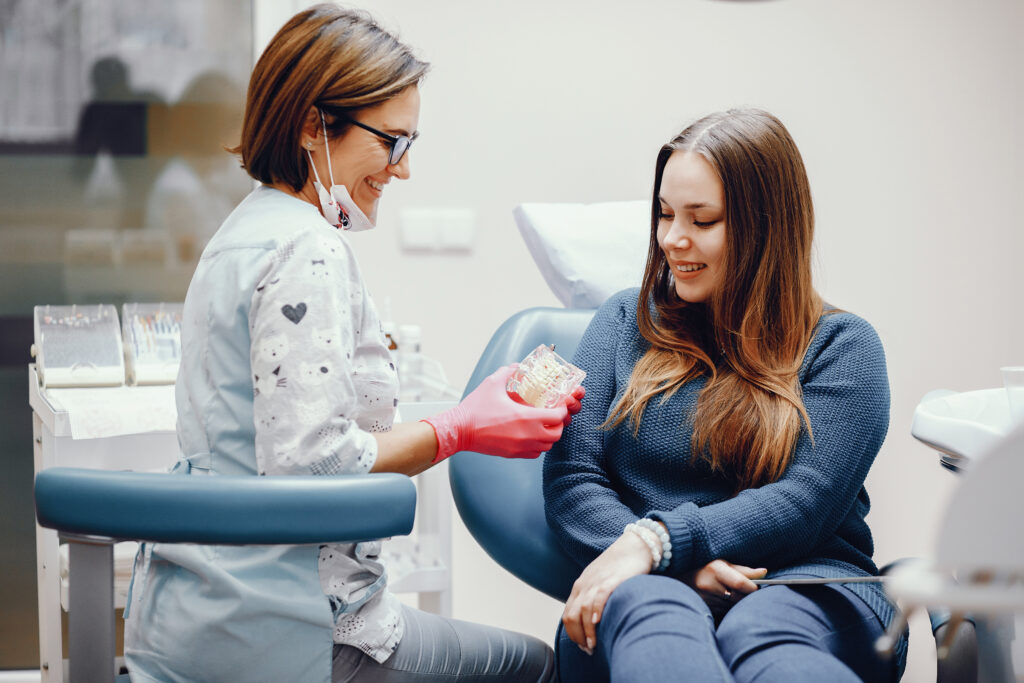Introduction
Bruxism, also called teeth grinding, is a common condition. Many people grind or clench their teeth, often without knowing it. However, untreated bruxism can lead to serious problems. The complications of untreated bruxism include dental damage, jaw pain, and sleep issues. According to the American Dental Association, up to 15% of adults and children may have bruxism. If left untreated, the effects of untreated bruxism can impact your health and quality of life.
What is Bruxism?
Bruxism means grinding, clenching, or gnashing your teeth. It can happen when you are awake or asleep. While some people notice it, others may not realize they have it. Often, a dentist finds signs of bruxism during a checkup. Although mild bruxism may not need treatment, severe cases can cause lasting harm.
Common Causes and Risk Factors
There are many reasons why someone might grind their teeth. Some common causes and risk factors include:
For example, stress at work or school can increase teeth grinding. In addition, some people may grind their teeth more if they use tobacco or drink alcohol.
Signs and Symptoms of Bruxism
Bruxism can be hard to notice, especially during sleep. Still, there are signs and symptoms to watch for. These include:
Sometimes, your partner may hear you grinding your teeth at night. If you notice these signs, it is important to talk to your dentist.
Major Complications of Untreated Bruxism
Untreated bruxism can lead to many health problems. Over time, the effects of untreated bruxism can become serious. Here are some major complications:
According to the CDC, untreated dental problems can also increase your risk for infections and other health issues.
When to Seek Professional Help
It is important to see a dentist if you notice signs of bruxism. Early treatment can prevent teeth grinding complications. You should seek help if you:
Additionally, if your child grinds their teeth, talk to their dentist. Early care can help prevent long-term damage.
Prevention and Lifestyle Tips
There are steps you can take to reduce the risk of bruxism damage. Here are some helpful tips:
For those seeking bruxism treatment in your area, ask your dentist about local options. With early care, you can prevent serious effects of untreated bruxism.
Conclusion
Untreated bruxism can cause dental damage, jaw pain, headaches, and sleep problems. However, early action can help you avoid these risks. If you suspect teeth grinding, consult a dentist to prevent serious complications.

